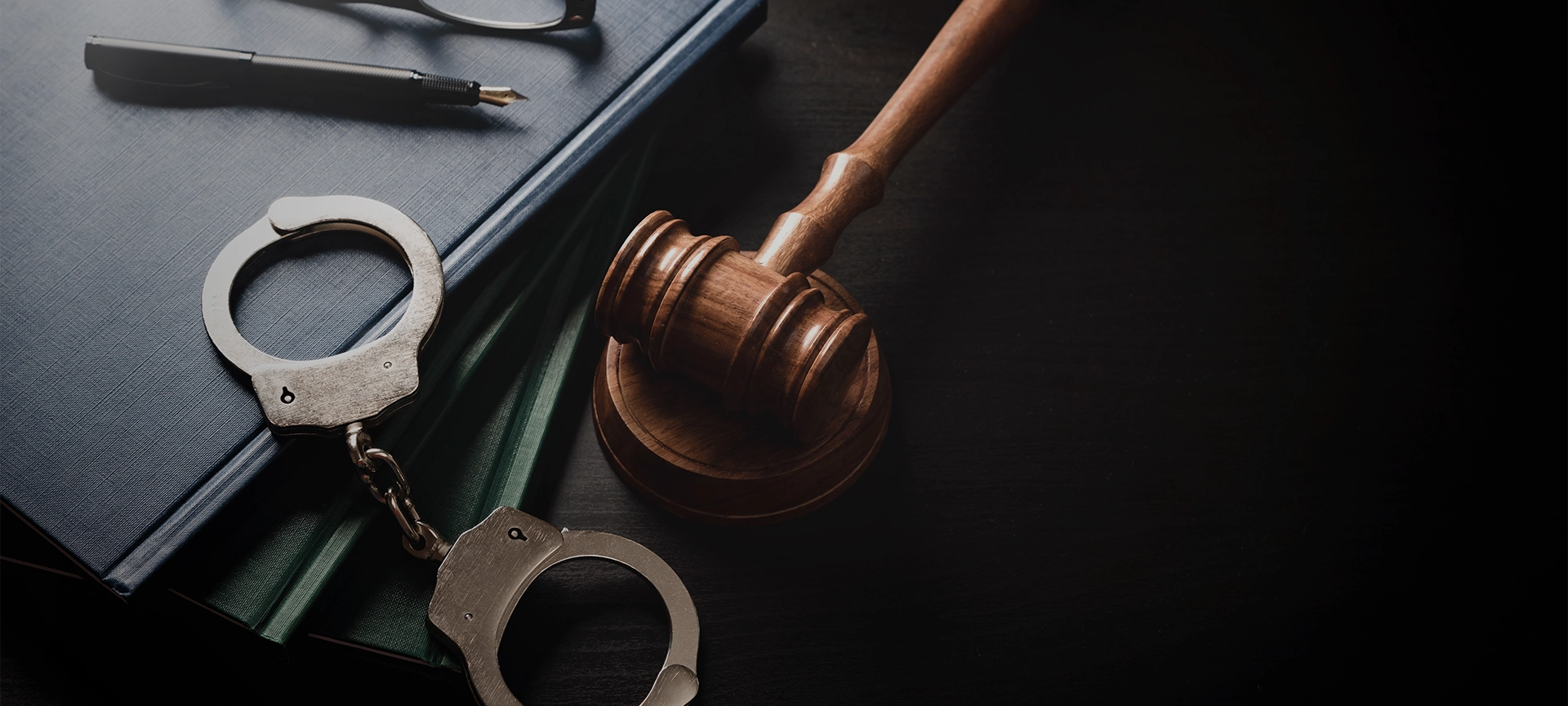Being accused of any crime can be a harrowing experience. However, when you add in the social taboo that comes with domestic assault, it can make it even worse. In these situations, you need to know what your rights are.
Understanding these rights can give you peace of mind, but also the confidence that you’ll receive a fair process. Read on to find out all you need to know about your rights when accused of domestic assault.
Your Rights When Arrested
When arrested in Canada, the police must identify themselves and notify you of the reason for your arrest. They will also inform you of your right to remain silent. The only exception to this is that you do need to identify yourself.
You also need to be treated with dignity and can’t be subjected to excessive force. As with this right, and all the ones to come, not being followed can lead to serious consequences. This can include evidence being excluded, awarding of damages, or even the case being thrown out.
The Presumption of Innocence
Perhaps the most fundamental principle of Canadian law is the presumption of innocence. If you are accused of any crime, then you are presumed innocent until proven guilty. However, the reality can feel different in domestic assault cases.
While the court will protect this right, accused individuals can be made to feel guilty by society, employers, and even people they know. It’s important to remember that legally, you’ll only be guilty when proven beyond a reasonable doubt in court.
It can also feel that this right is contradicted by bail. Even if you are granted bail, you are likely to have conditions placed on your freedom for domestic assault. This is meant for public safety, but it can make those accused feel as though they’ve been found guilty.

The Right to Remain Silent
Many people think that your right to remain silent is there so that you don’t say anything to the police arresting you. While that’s important, it also extends to the complete legal process, as you don’t have to speak at any point, and you can’t be compelled to testify in court.
That may be true, but the right to remain silent is generally used until you can speak to a lawyer. Not giving your side of the story in court can weaken your case, so a lawyer will guide you through what you should say.
Not only can you stay silent, but you should stay silent. It’s best not to say a word to the police (other than identifying yourself) until advised by a lawyer. This silence cannot be seen as a sign of guilt and won’t be used against you in court.
Related Article: https://www.agpllp.ca/why-you-should-never-speak-to-police-without-a-lawyer/
The Right to Counsel
Speaking to an experienced domestic assault lawyer isn’t just something you should do; it’s something you have the right to do. Not only that, but you have the right to speak to a lawyer without delay. That means that you can do so at the first opportunity.
You can choose your own lawyer, but if you can’t afford one, you may be entitled to either a duty counsel lawyer or Legal Aid. Whichever one you choose, this is always a right you should enact, as representing yourself in court is never a good idea.
Related Article: https://www.agpllp.ca/top-5-defences-against-domestic-assault-charges-in-canada/
The Right to Reasonable Bail
In most criminal cases, the police will arrest you and hold you until a bail hearing. This usually happens within 24 hours of your arrest. There will be a bail hearing, and it’s important for you to be represented by a lawyer during this time.
Conditions can be placed against you, such as no contact with the complainant and restrictions on your movement. These conditions can be extremely disruptive, so the Crown must justify any conditions to ensure they are as fair as possible to all parties.
Related Article: https://www.agpllp.ca/bail-conditions-for-domestic-assault-cases-in-canada/
The Right to Know the Case Against You
After being charged, you are entitled to see all the evidence against you. This is called a disclosure and can induce anything from police reports and witness statements to call recordings and video evidence.
This information is crucial in giving time for your lawyer to prepare a defence. They will be able to analyze the information and look at where it is weak or incomplete. You can also advise on the strength of the case and possible next steps.

Your Right to a Fair Hearing
If your case goes to trial, you are then entitled to have a fair and public hearing. This means that you will have an independent judge and both sides will be allowed to present their evidence. If facing a possible jail term, you also may have the right to a jury trial.
At the trial, the burden of proof is on the prosecutor. This means it’s up to the Crown to prove you guilty, rather than the defence to prove you innocent. It ensures that everyone accused of a crime has the same chance to clear their name.
Final Thoughts
Being accused of domestic assault in Canada can be overwhelming. However, it’s important to know there is a series of rights that are there to protect you from prejudice and ensure any trial is impartial and balanced.
For any accused, the two rights they need to act on are the right to remain silent and the right to legal counsel. If you’re in need of legal advice, then contact AGP LLP today. We’ll be happy to offer you a free consultation to see how we can advocate on your behalf and protect your rights.





